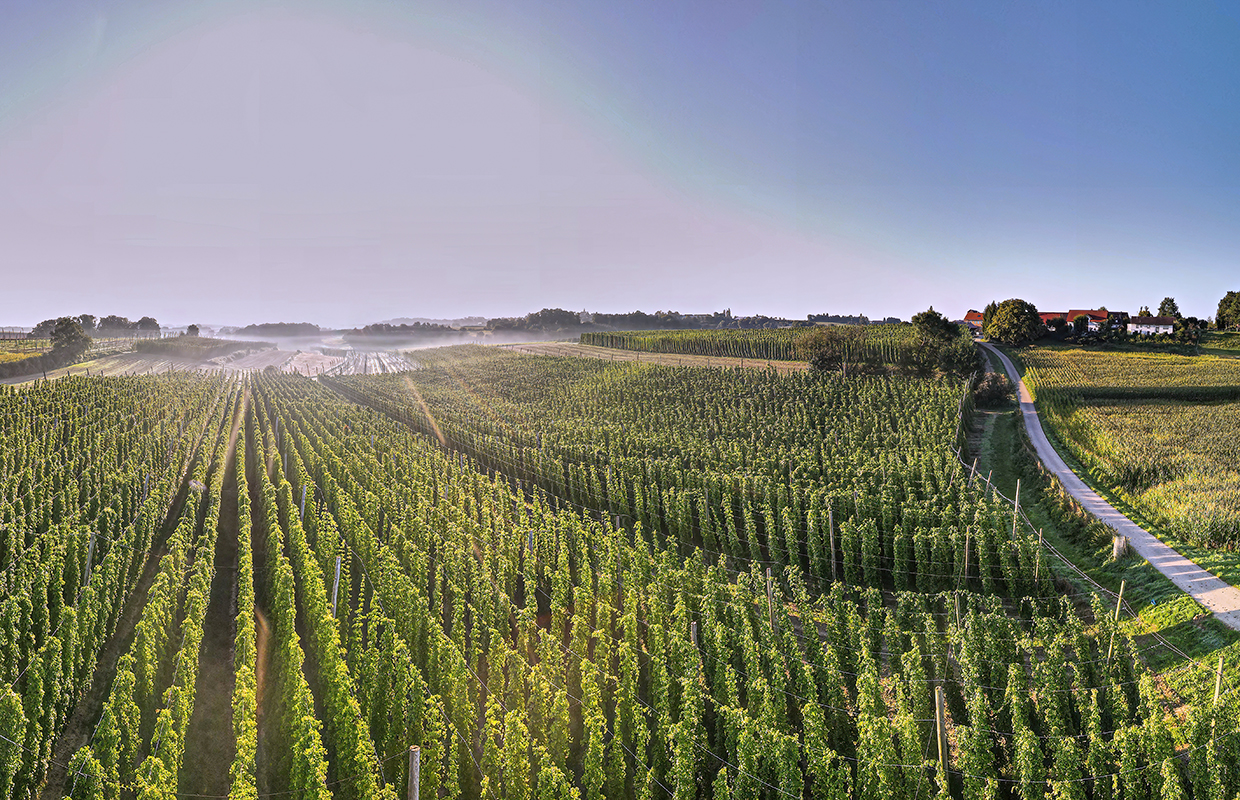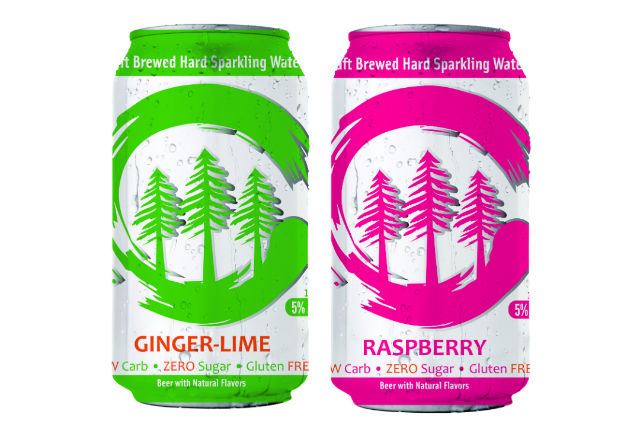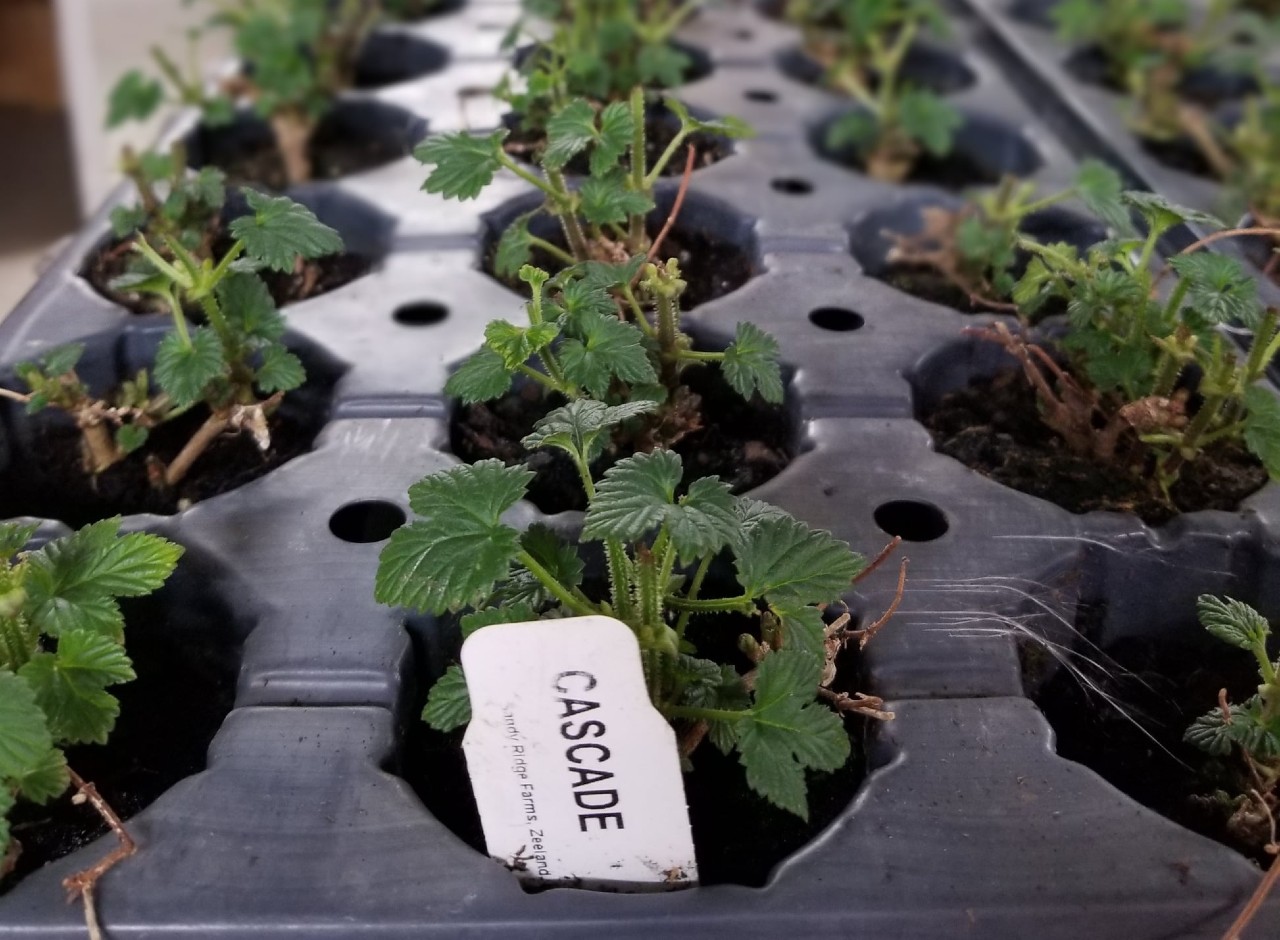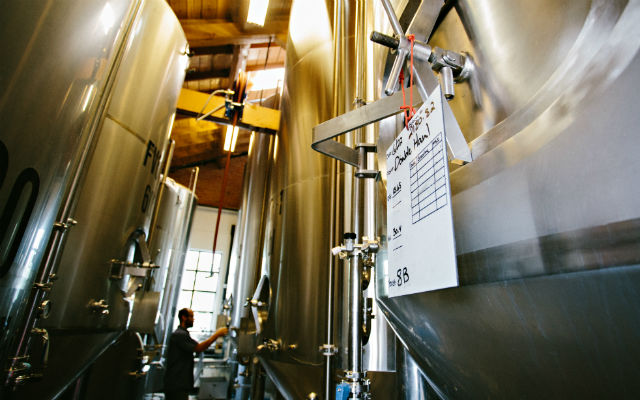
For Matthew Steinberg, being closer with growers and suppliers past an email is a key for Exhibit ‘A’ to improve its beer quality.
“Our relationships … start at the farm,” said the co-founder and head brewer of the Framingham, Massachusetts company. “We go to hop selection and enjoy meeting all the people involved with growing, processing, selling, and of course the labs and other brewers who use them.”
As hop harvest season rolls around, Brewer has an article in the latest digital edition but many ideas couldn’t be shared due to the overwhelming response from breweries across the country. Having a more personal and face-to-face relationship with your provider can help, many said.
“Our relationships are built on trust and are the culmination of doing everything we can on our end to manage our hop contracts and working together to make sure we are on track year-to-year,” said Jason Ranck, Neshaminy Creek Head Brewer. “Hanging out with our reps at conferences, local MBAA meetings, and on our trips to Yakima has been a blast.
“We all like each other’s company and talking about beer.”
The best way Blake Jarolim has found to develop relationships with growers and brokers is to visit the Yakima Valley during hop harvest.
“In our experience, being in the valley year after year and understanding the seasonality and complexity of the supply chain has forged great relationships with our suppliers,” said the Head Brewer for COOP Ale Works in Oklahoma.
Some of it was the relationships that Pinthouse’s Joe Mohrfield fostered for his Texas brewery while he was with Odell.
“I was able to travel up to harvest with them and get to meet some of the farmers and brokers when I was the head brewer there,” he explained. “When I came to start Pinthouse, I had those relationships. Even though we were too small to contract, I would still typically travel up there just to hang out with them and keep those relationships.
“Going up there, you meet another farmer through a farmer, and pretty soon, quite a few people in the valley. It’s kind of like almost going back home every fall now.”
Building a strong relationship with hop providers is crucial for obtaining the best hops for brands and ensuring consistency, said Maui’s Kim Brisson-Lutz.
“Communication is key, and we establish open lines of communication with our suppliers,” said the brewery’s VP of Operations. “This involves regular discussions about our specific hop needs, desired flavor profiles, and quality requirements.”
Each selection, Brisson-Lutz and her team provide sensory feedback on the lots they select and don’t select.
“This is vital for farmers to adjust in the fields for future harvests,” she said. “By maintaining a collaborative relationship, we can ensure that our hop providers understand our brand’s vision and can recommend the most suitable hop varieties for our beers.”
Modern Times’ relationship with hop brands are some of our most important, and like all important relationships, communication and trust are key, said VP of Ops, Robert Wyngard.
“We’ve made a focused effort in the past, to go to harvest selections and meet face-to-face as well as keeping open lines of communication to help our suppliers understand our needs and limitations.
“I’ve found that hop sellers can be flexible and generous as long as there aren’t huge surprises. It’s easy to see hop sellers as ‘huge companies,’ but the reality is that many of these suppliers work with small farmers that need to sell their crop and the more info everyone in that chain has, the better able everyone is to make decisions that allow everyone to be financially successful.”
And it doesn’t mean traveling to Washington State each fall to do this. If you’re able to, local is always better, said Andrew Zach, who is the Director of Brewery Operations for Resurgence Brewing. But for the most part, most of the Buffalo brewery’s hops come from out west and overseas.
“Everyone in this industry is super friendly,” he noted. “They love to share knowledge and their experiences, which is really beneficial, because everyone has a different opinion and people have tried a lot of different beers.
“Even though everyone has a different palate and likes different beers and given styles. It’s just interesting to get feedback from people of what’s worked for other breweries and have tried to apply it for what you think is going to work best for your brewing.”






Be the first to comment